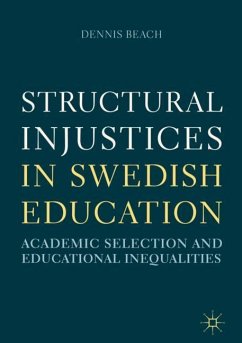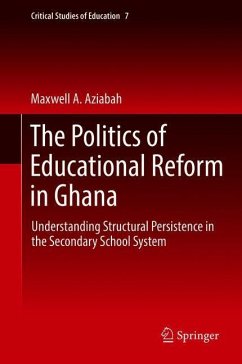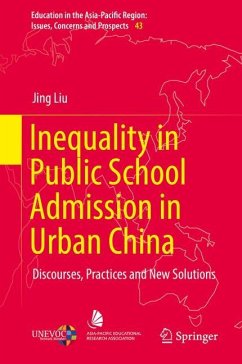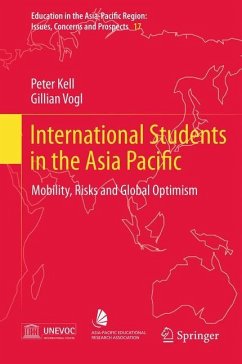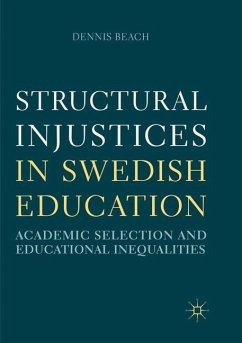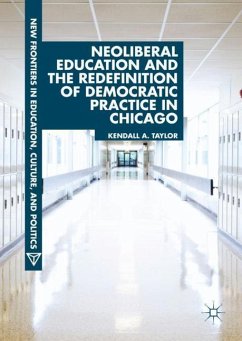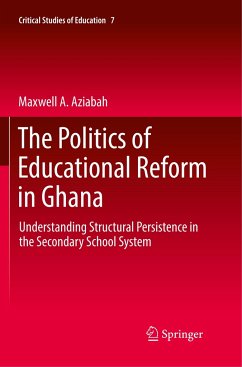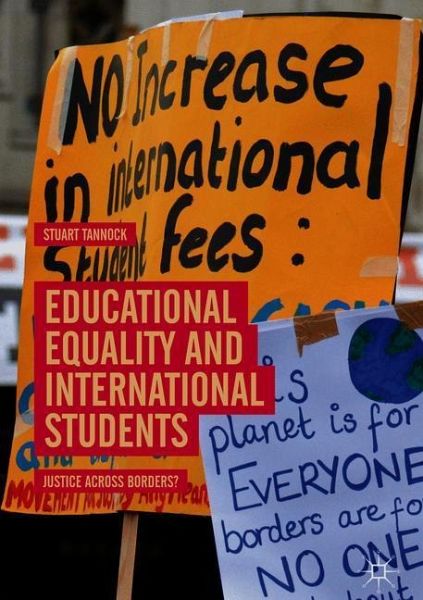
Educational Equality and International Students
Justice Across Borders?
Versandkostenfrei!
Versandfertig in 6-10 Tagen
68,99 €
inkl. MwSt.
Weitere Ausgaben:

PAYBACK Punkte
34 °P sammeln!
In an increasingly globalised educational landscape, this book examines whether the principle of educational equality can be applied across nation state borders. Exploring the tension between the theory of educational equality and the reality that most educational institutions are rooted in local communities and national frameworks, the author thus probes the consequences for institutions, individuals and communities as the number of international students grows exponentially. A topic that has previously received limited attention, the author draws upon theoretical literature and an empirical ...
In an increasingly globalised educational landscape, this book examines whether the principle of educational equality can be applied across nation state borders. Exploring the tension between the theory of educational equality and the reality that most educational institutions are rooted in local communities and national frameworks, the author thus probes the consequences for institutions, individuals and communities as the number of international students grows exponentially. A topic that has previously received limited attention, the author draws upon theoretical literature and an empirical study of how universities in the United Kingdom conceptualise and promote principles of educational equality for international as compared with home students. This pioneering work will be interest and value to students and scholars of international education, international students, educational equality and globalisation, as well as practitioners and policy makers.




